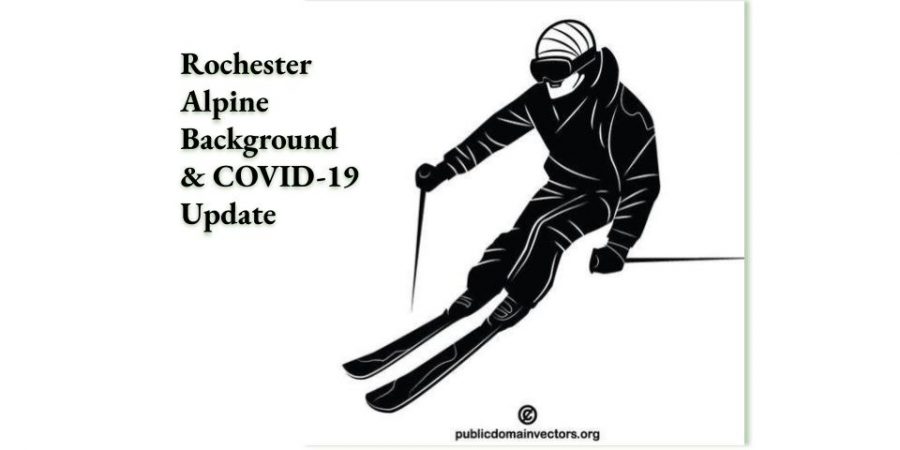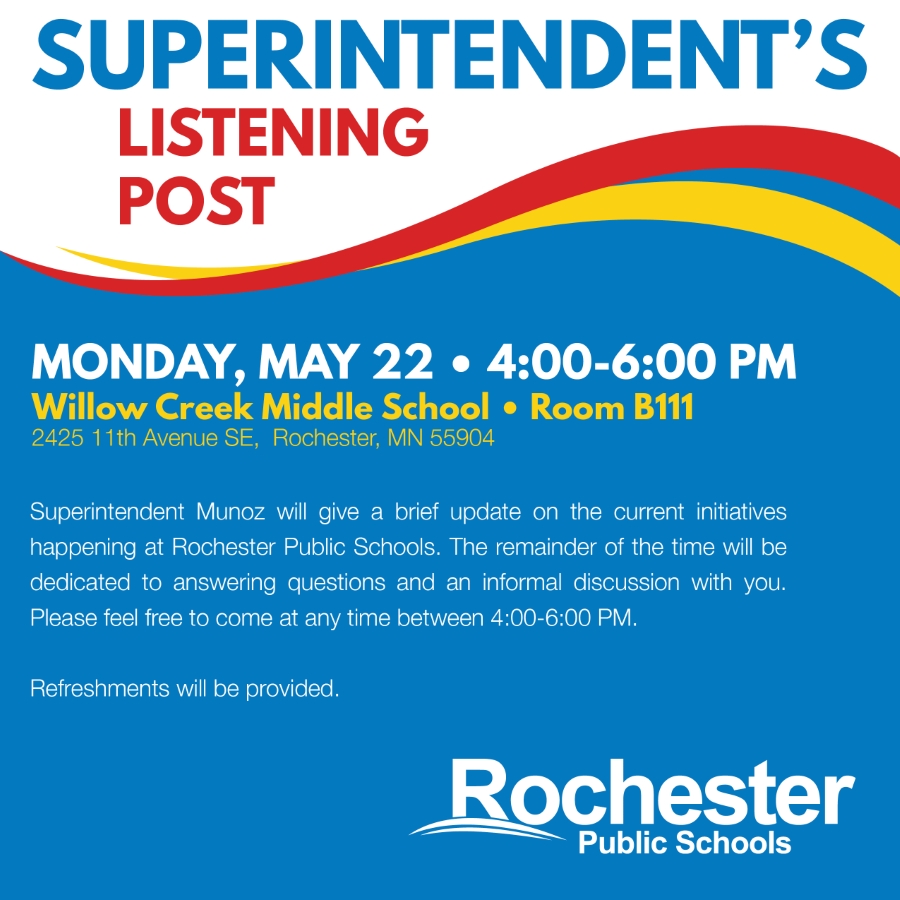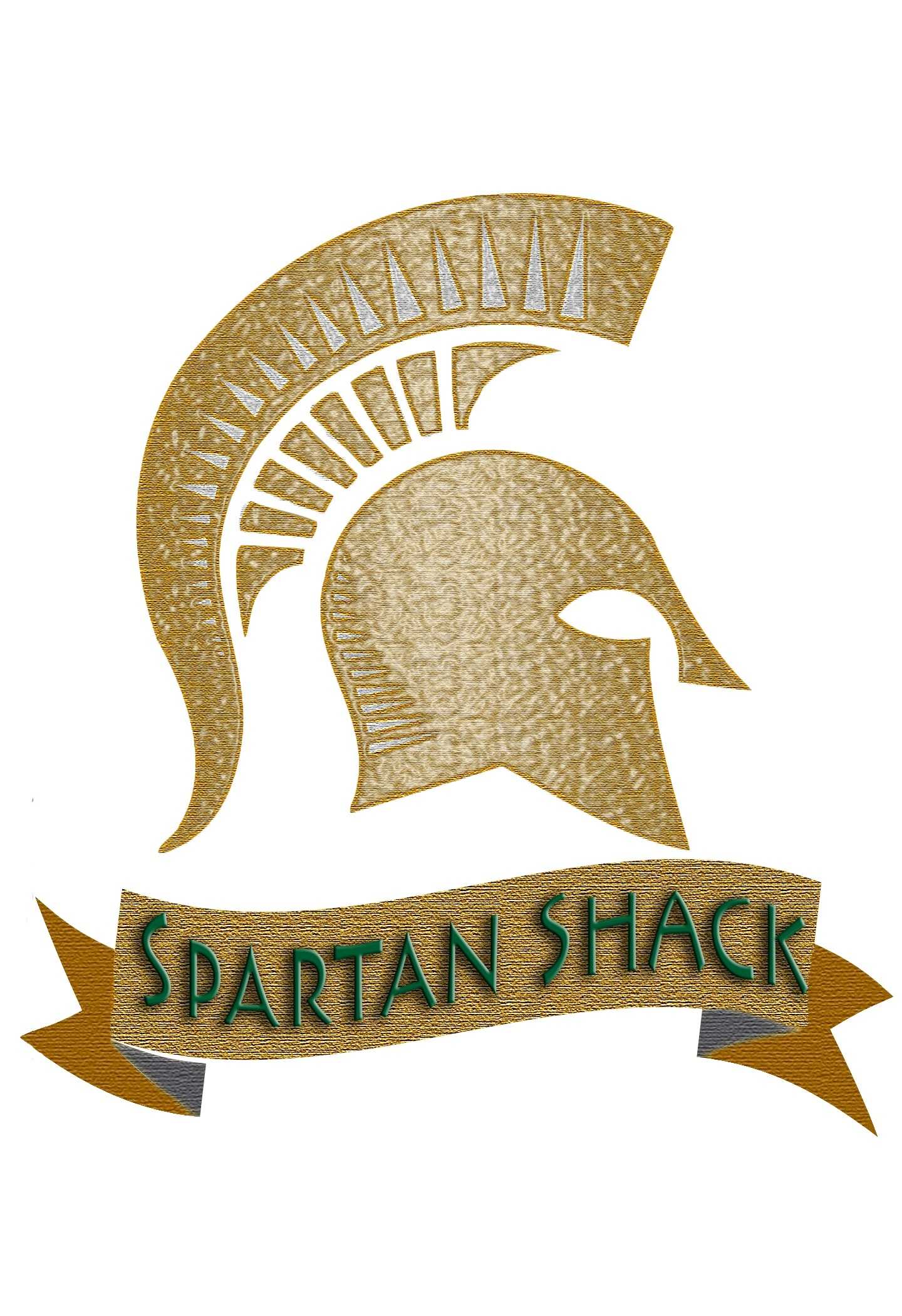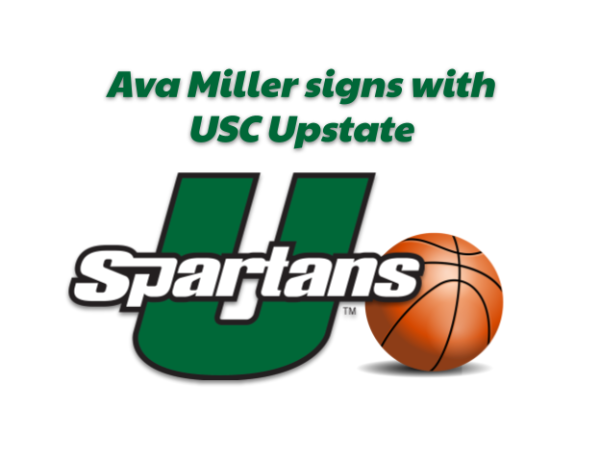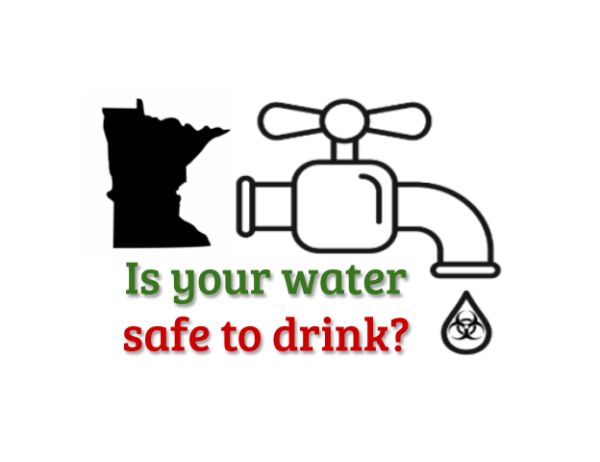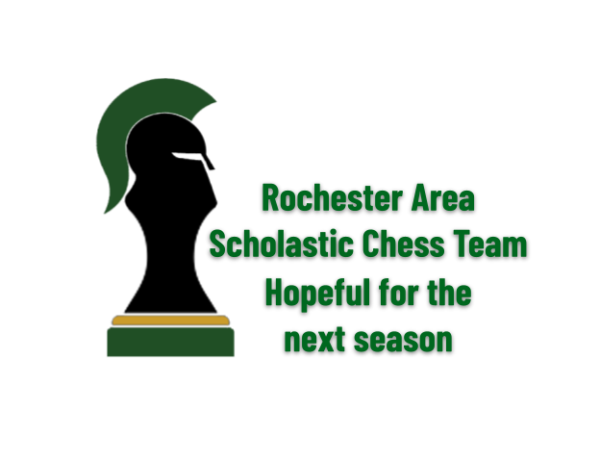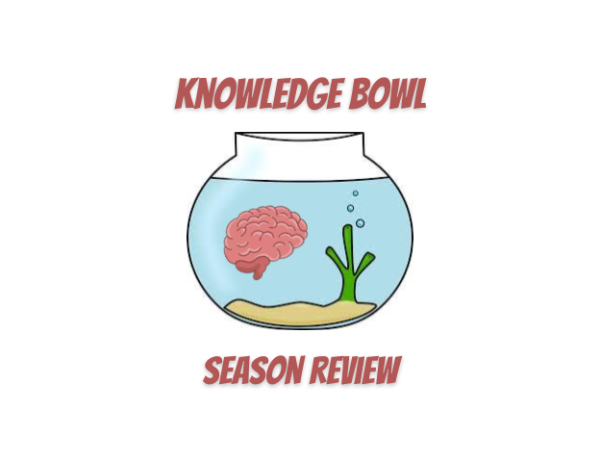Rochester Alpine Ski Team faces uphill struggle before skiing downhill
November 23, 2020
Ski racers of the Rochester Alpine team have been strength training in preparation for the upcoming season, when they were notified by their coaches that the season would be delayed until January because of rising COVID-19 cases in Rochester, Minnesota. With plans continuing to change as the season got closer to its start, President of the Rochester Alpine Board, Mary Beth Milbrandt, expressed her concern for the likelihood of there being any season.
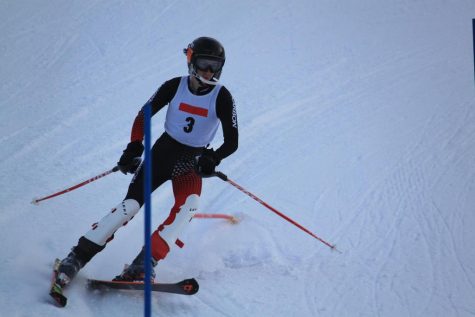
Rochester Mayo racer, Sam Kalina traverses his way through the Welch Invite Race Course.
What Rochester Alpine is all about
Alpine skiing (downhill skiing) is a ski racing sport that is different from Nordic skiing (cross country skiing) because of its steeper slopes, as well as its use of different skis, shin guards, and a helmet face guard. The type of skiing that the Rochester athletes participate in is called slalom skiing, a discipline that involves racers skiing quickly down a course set with gates or colored poles, as seen above. Skiers hit the gates and go around them as quickly as possible.
Practices held at Welch Village, a ski resort North of Rochester, offer an opportunity for the team members to put their dryland training to use by applying racing techniques taught by coaches Klaron Krogness, George Haun, Sierra Spring, and Nick Sargent. These four coaches are very experienced, helpful, and want nothing more than to see their racers have fun and succeed. With their guidance, most first-time racers come back to ski with the team the following year.
The Alpine Ski Team is not composed solely of Mayo students; the athletes are from various southeastern Minnesota schools, which allows for many new friendships to be formed throughout the season. The best part about Rochester Alpine, according to Mary Beth Milbrandt, is the comradery exhibited by the athletes on the team, as well as the sportsmanship shown at practices and on race days. She says that when she first got introduced to the team, she “had seen racers from the Rochester Alpine team standing at the bottom of a ski run cheering on athletes as they traversed their way through the course.”
COVID-19’s Impact
Due to the rising number of COVID-19 cases, the season has been postponed from November 16th until a date to be set in January. Typically, a race season would last from November through February, which aligns well with when snow begins to fall, then melts at the end of February. However, should the season remain postponed until January there is a likely chance that some or all of the season will be cancelled.
Many racers are disappointed and not optimistic about the season, but Senior Racer Sam Rosenman carries a positive attitude about it; “I’m disappointed, [but] hopefully it will give us some extra time to free ski… and practice racing techniques.” It’s attitudes like this that make all the difference in these difficult times.
Coronavirus has impacted both dryland training (running and weight lifting) and on-snow practices. If the situation improves, and cases go down there will be a number of procedures to ensure the safety of the athletes and their families. Since Welch Village is approximately an hour away from where most athletes live, there is a coach bus that would drive the team to the resort. Buses have to be filled to half capacity, (according to the bus company used), meaning that at most there can be twenty-seven people in a bus. The team had thirty three racers sign up which means that there will have to be two buses. Beyond that, the bus company will surely have to have COVID-19 safety measures in place that may complicate the matter further.
Additional changes include the expectation that racers are to have on all of their snow gear including their ski boots before exiting the bus, which limits the amount of stops inside the chalet, the Welch Village building.
On the bright side, there will probably be some virtual learning opportunities run by Coach Nick to teach racers about essential ski tips. Senior Racer Helen Milbrandt comments that while she is “bummed [out with this news]” she is willing “to make the most out of this season” even in an online setting. Milbrandt’s resilience and positivity for the sport and team is echoed in her decision to lead the team as a Captain. These virtual sessions will take place early in the season, and will include tactics, techniques, sport psychology, and exercise.
The Roots of Rochester Alpine
The President of the Rochester Alpine board is Mary Beth Milbrandt who is going on her seventh year of being part of the team. She first became interested in the Rochester Alpine team when she attended a race at Welch village and became intrigued by some female racers who were cheering on athletes that were racing down a ski course. These female ski racers were from the Rochester team, which gave Milbrandt the impression that Rochester was a very courteous team. Milbrandt became officially involved when her son Charlie started skiing for the team, and was quickly voted onto the board when other board members recognized her value and commitment. A few seasons went by before Milbrandt was promoted to President of the board.
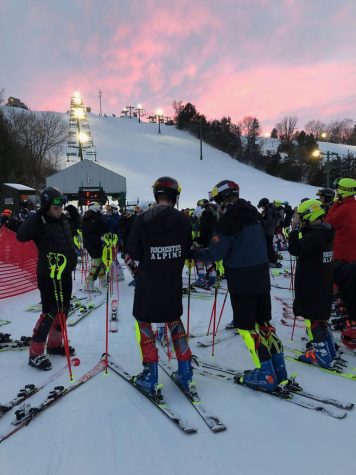
Rochester Alpine team members, along with several other race teams, gather at the bottom of the course to cheer on the forerunners of the race.
As she assumed her new role, Milbrandt’s patience and expertise were put to the test when the team needed more funding and also lacked a coach. Although she was ultimately able to find a coach, she showed true courage by deciding to run practices by herself without having a ski racing background. She was dedicated to providing the training that the team needed until a new coach could be found.
Milbrandt was also able to achieve better funding through negotiations with Mr. Whitney, Mayo High School’s Athletics and Activities Director. He advised Milbrandt on how to get proper funding, and over time she was successful.
Eventually, Milbrandt succeeded in finding Nick Sargent, a former US Slalom racer. By taking most of the financial and organizational burdens off of Nick’s shoulders, he felt comfortable accepting the job. As a result, the Rochester Alpine Ski team has its highest athlete membership, and has become a stronger team.
Mary Beth Milbrandt cares a great deal about what she does and truly believes in the sport; after all, she wouldn’t have done it for seven years if that were not the case. She is a valuable asset to the team.
Concluding Thoughts
Whether or not the Rochester Alpine Ski team will be active this year is completely out of the team’s hands; however, when informed about changes to the current course of the team, information can be found on any Rochester High School athletic website listed as Rochester Alpine.
As for those who are interested in learning more or want to join the team, people should contact their Activities Director at their local High School. Thank you to Mary Beth for her service to the team, and her support of the athletes.



